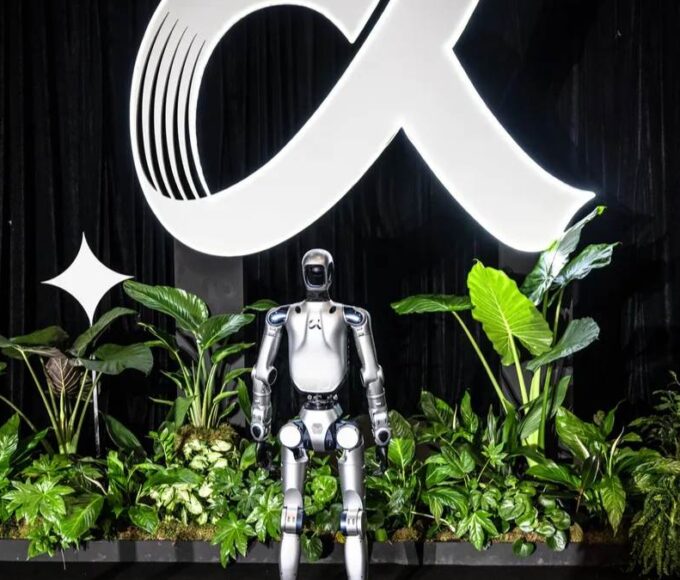OpenAI is close to finishing the design of its first custom AI chip, marking a significant step toward reducing its dependence on Nvidia.
The company plans to send the design to Taiwan Semiconductor Manufacturing Co (TSMC) for production in the coming months.
The project is led by Richard Ho, a former Google executive, with a team of 40 people working in collaboration with Broadcom.
The chip will be manufactured using TSMC’s advanced 3-nanometer technology and includes high-bandwidth memory and extensive networking capabilities.
While the chip can both train and run AI models, OpenAI initially plans to use it mainly for running models on a limited scale.
The company aims to begin mass production in 2026, though success isn’t guaranteed on the first attempt. Each design attempt costs tens of millions of dollars and takes about six months to produce.
This move comes as major tech companies seek alternatives to Nvidia’s chips, which currently dominate about 80% of the AI chip market.
Companies like Microsoft and Meta have announced massive AI infrastructure investments – $80 billion and $60 billion respectively.
OpenAI’s effort is smaller than similar programs at tech giants like Google or Amazon, where new chip development can cost $500 million per version.
However, if successful, this could give OpenAI more leverage in negotiations with chip suppliers and lead to more advanced processors in the future.











Leave a comment